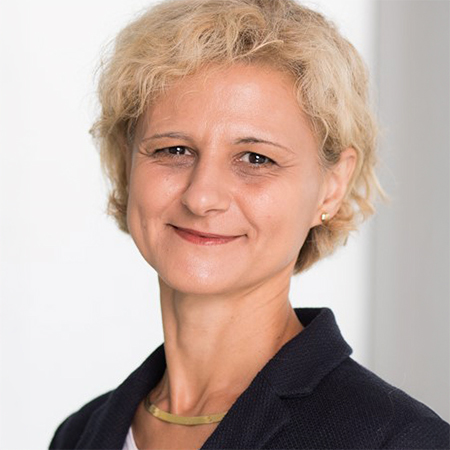Finance Programs, U.S. News & World Report (2024)

Jia Hao »
MORE …
hide
Jia Hao
Jia Hao specializes in financial strategy, valuation, market structure, financial stability, and the evolving role of technology and policy in shaping financial markets. Her research, published in top-tier journals such as the Review of Financial Studies and the Review of Corporate Finance Studies, has been presented at leading international conferences and the U.S. Securities and Exchange Commission, influencing market regulations and earning global recognition, including being a two-time recipient of the Best Competitive Paper Award from the Financial Management Association. She teaches at the undergraduate, MBA, and executive levels and has been honored with the Distinguished Teacher Award and the Faculty Teaching Merit Award.
